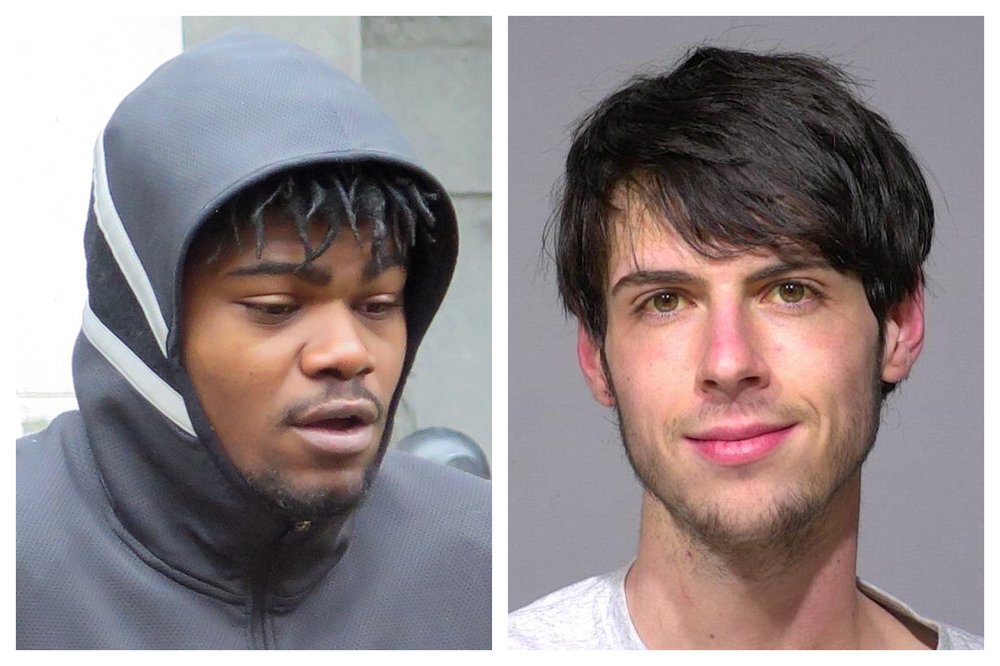Ivan Moreno
Former Associated Press journalist and newspaper reporter, now freelancing in Chicago.

Featured Work
Long under threat, Latin American journalists confront a new era of risk as they increasingly become the targets of violence and surveillance.
Discrimination was long baked into housing policy and practice in Evanston, Illinois. Now the city is the nation’s first to officially compensate African Americans for what systemic racism has done to their community.
Hundreds of proposed local voting laws threaten the votes of Latinos and others, a new lawsuit charges. The bills are competing against a federal effort to expand mail-in voting and other measures that fueled record turnout last November.
Investigators say they used genetic genealogy to connect an 82-year-old Wisconsin widower with five grown children to the 1976 killing of a young couple at a campsite.
In the course of 15 months and in the space of one city block, Milwaukee police twice encountered two suspects they believed were armed.
One was black; one was white.
One was in fact unarmed; one had a gun.
One was shot; one was not.
When Illinois jurors convicted Patrick Pursley of murder, they relied on an expert’s assurance that the scratches and dents on bullets and shell casings from the crime scene proved they could only have come from Pursley’s gun. More than two decades later, technological advances have eroded confidence in ballistic experts, and the analyst who testified against Pursley is no longer so sure of his findings.
For the first time in recent history, Illinois Republicans are vastly outspending Democrats in fall legislative races with the help of a wealthy governor determined to curtail a traditionally blue political landscape that has thwarted his agenda for two years.
Republican election officials who promised to root out voter fraud so far are finding little evidence of a widespread problem.
Belinda Ellis' farewell went as she wanted. One by one, her family placed juniper boughs and logs about her body, covered in red cloth atop a rectangular steel grate inside a brick-lined hearth. With a torch, her husband lit the fire that consumed her, sending billows of smoke into the blue-gray sky of dawn. When the smoke subsided, a triangle-shaped flame flickered inside the circle of mourners, heavily-dressed and huddling against zero-degree weather.
Residents of Ciudad Mier, the colonial town near the U.S. border that was nearly emptied by warring drug cartels a month ago, are slowly returning and tentatively putting their faith in new military patrols, a town official said Wednesday.









